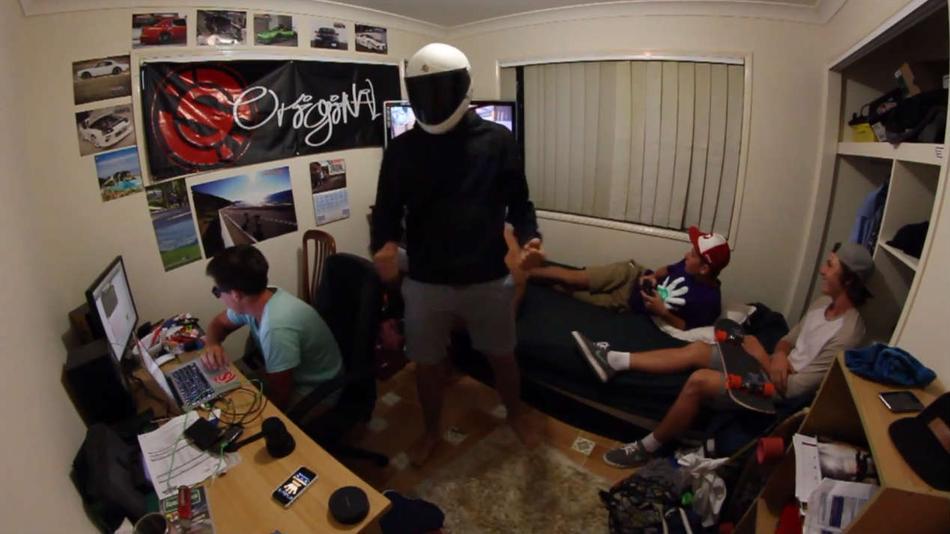Culture
In Case You Missed It: Harlem Shake

In Case You Missed It, Heave’s weekly feature, sees Mike Haverty taking a closer look at the news you might’ve only glossed over.
The Harlem Shake is almost three weeks old, and the masses are calling for its death. Mark Twain once said “there is no humor in heaven,” so old memes would theoretically fit in. The main problem with calling for the death of a meme comes from using the word “death,” which doesn’t apply to viral videos very well. A virus doesn’t die. It mutates. A virus either evolves (a very well-done variation of the meme) or becomes inert, but can never completely die.
Even if it could die, that would not change the fact that anyone you know is at most two degrees away from someone who has made a Harlem Shake video. It’s the perfect setup for a meme. All a person has to do is follow a specific form and find people who’d participate in a 20-second burst of crazy. Because of this simplicity, it has outclassed radio and television as a cultural uniter, something which brings the public together through shared adoration. The Harlem Shake meme has achieved the ubiquity of a pop song in less than three weeks.
Why make a big deal over checking The Shake’s pulse? It comes down to how and where the viral video is spreading. The Atlantic considers an appearance on television as the death blow. Seeing the morning news anchors attempting to be hip is similar to overeager parents who want to be called by their first names and get matching tattoos with their children. The only thing the storied institution of morning news wants is to be relevant and have an excuse to air 20-second bursts of crazy. Regardless of Al Roker’s charms, he is here construed as a murderer.
The Atlantic’s logic works, but fits into a broader scope of advances in internet culture. When Facebook was only a multi-million-dollar company, it became uncool once parents and (bless their souls) grandparents started calling you to help make their profiles. Again, annoying and completely changes the established limits of the phenomenon. Harlem Shake videos have been uploaded from all corners of the world, and somehow this kills it.
Part of it comes down to how we engage memes on YouTube. We assume we are watching art. We debate which ones were good or bad based on the simple rules which made the first video fun. It’s not enough that a person has created something, but how it stacks up against their million contemporaries. It’s a simple game. Even if your Harlem Shake follows the rules and never appeals for greatness, expect to be told your Harlem Shake was dog shit. Despite fostering a sense of play at its most universal and free of cultural barriers, creators are still at the mercy of audience expectation: “I crave entertainment, and I just watched two hours of people doing the exact same thing you’re about to do.” The global stage is large, but the spotlight is searing.
We’ve done too well. In starting a worldwide meme joke, we’ve bored ourselves. In a small way, we’ve rebuilt the tower of Babel. We can understand each other perfectly, but we’re using this power to tell each other the same joke. We’ve finally reached Heaven, and it’s not very funny. Every re-telling of the joke is available to us, and we’re expecting to laugh with every single retelling. Like most jokes, it isn’t as funny the second time around, and much less funny the forty-seventh time. The best retellings will be remembered, bested, remixed, perverted, transgressed and transcended. The worst will stay inert and be enjoyed ironically someday later. For now, enjoy the sound of bored angels sighing and clicking the next video.